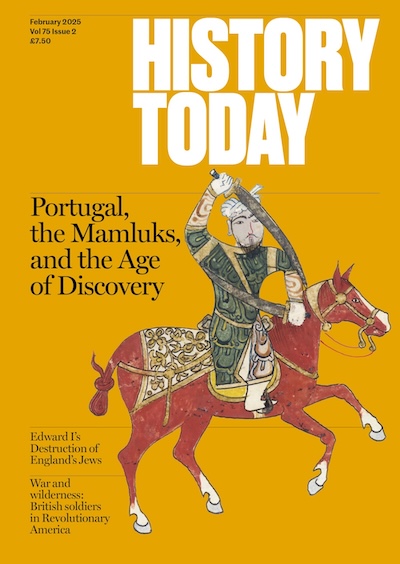Bridewell
Briefly a royal palace, writes L.W. Cowie, Bridewell became a hospital, an apprentices’ school and a reformatory for vagrants and prostitutes.
‘This Edward of fair Memory the Sixth,
In whom with Greatness, Goodness was commixt,
Gave this Bridewell, a Palace in old Times,
For a chastising House of vagrant Crimes.’
These words, according to Strype, were written beneath a portrait of Edward VI which hung close to the pulpit in the chapel in the old building of Bridewell before the Great Fire of 1666. This tribute to the young King was, however, misplaced.
It certainly was an apt description of what the former royal palace notoriously became, especially by the time that Fielding wrote in his Grub Street Opera, ‘Smaller misses for their kisses are in Bridewell banged’; but such was not the original purpose of Edward’s gift, nor of the similar institutions to which it gave its name, and upon which hopes of reform rather than punishment were placed.
Edward gave the palace away less than thirty years after it had been completed, and Bridewell was a royal residence for an even shorter time.





